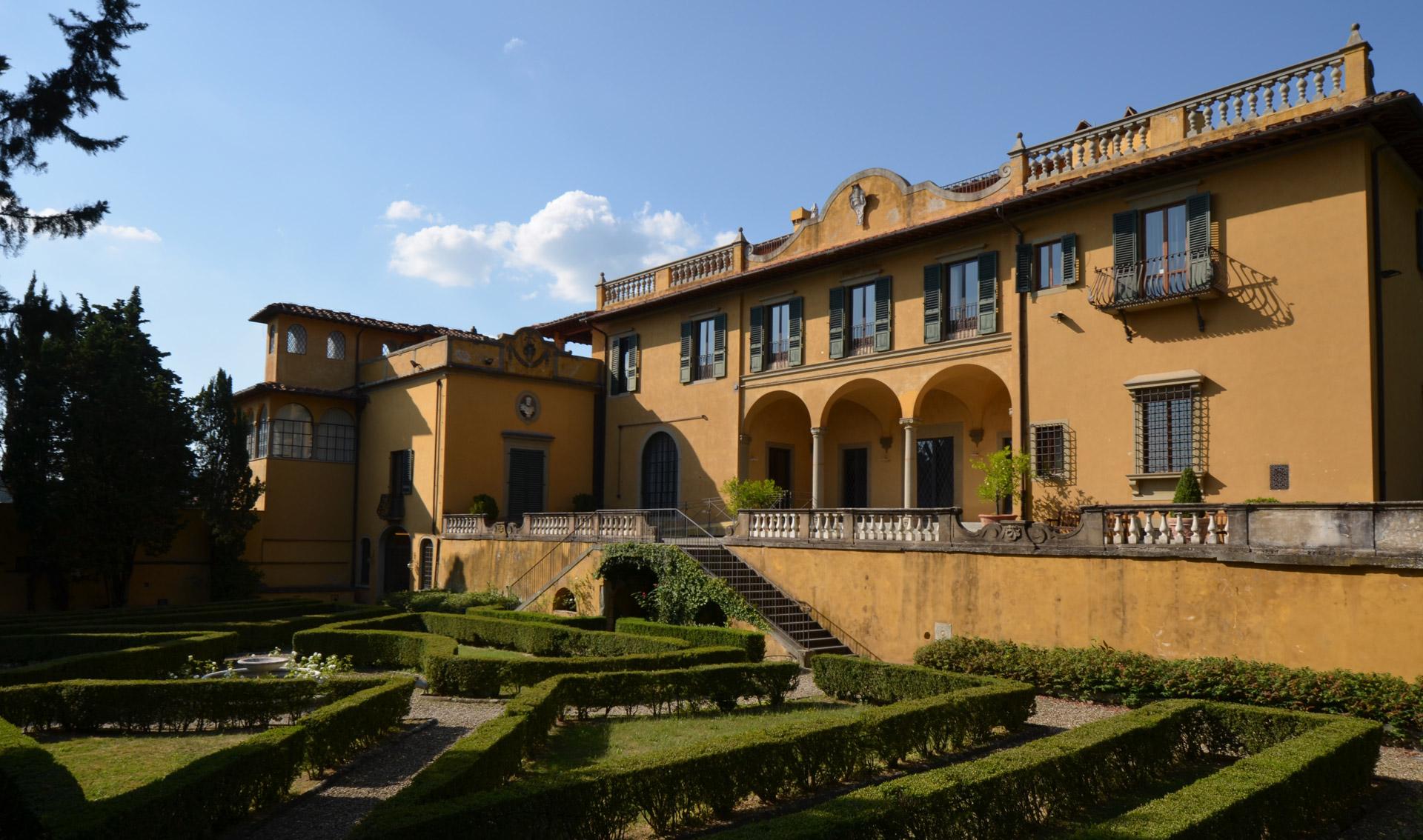Read more
Blog, Rights, protection and inclusion
On the Anti-Politics of Anti-Trafficking
The Status Quo and The State of Play Arguably, in Europe as elsewhere, ‘trafficking’ is still commonly understood as being about nasty, frequently male criminals who capture and enslave innocent women and children, usually...
Research and policy do not always seem to fit very well together. There is a massively increased research interest in migration in Europe and at EU level, but does all this research actually filter through to affect policy? It would probably be surprising if it did and not only because of the sheer amount of research. Much of this research is also strongly critical of policy, but there’s little to suggest that policy has changed in response to these criticisms.
To think about relationship between research and policy means addressing some basic questions. How are relationships between researchers and policy-makers at EU level structured? How do policy-makers gather and process information? What do policy-makers actually do with all this information? Rather more fundamentally, why should we assume that all organisations are learning organisation? There might actually be resistance to learning, particularly if research challenges well-established ways of doing things.
It is fairly clear that there is a strong emphasis at EU level on dialogues between the producers of knowledge about migration (including but not only academic researchers) and the users of this knowledge (particularly EU institutions and the member states). There is now regular and routinised interaction on a range of migration issues at EU level within which the social recognition of competence by peers and the personal experience of practitioners underpin policy learning.
This is all well and good; after all, organisational theory tells us that information and its pursuit are important features of modern organisational life that symbolise reason, that political processes are legitimate and that organisations are well-managed. But what is the result of gathering all this information? Do things actually change? It could be that change occurs by communicating policy approaches from one member state to another. Alternatively, change could run a little deeper and change the ways in which policy challenges are seen and understood.
To understand the scope for change it is important to understand the social context within which policy learning occurs. There is a strong emphasis at EU level on relationships between policy-makers and key experts on migration (academic, but not only). These experts can become trusted guides for officials as they seek to make sense of the mountain of research evidence.
Once these relationships have been established then what is the nature and content of these interactions? Generally, it can be difficult for academic research to have an impact on policy. One reason for this is that the ‘packaging’ of academic research may not always help with impact. A fascinating exegesis on theory and method is unlikely to grip a policy-maker in quite the same way as an academic audience. This is not the only problem. Much migration research is strongly critical of policy. Policy-makers can see research as not ‘practical’ and attuned to the real world as they see it.
It is important to move beyond a simple approach to the relationship between research and policy. Research can inform policy, but as the University of Edinburgh researcher, Christina Boswell has shown in her book The Political Uses of Expert Knowledge, research can also legitimate institutional roles and substantiate existing policy choices.
There remains a troubled relationship between research and policy. Research is not simply the factual base for policy development. While evidence suggests that the EU does provide a forum for the sharing and exchanging of information and ideas about migration, it is more difficult to challenge existing approaches to policy in the member states given how deeply embedded and politically sensitive they are.
This blog post is based on the new EUI Working paper “Relationships between Research and Policy on Migration in the European Union: A Practice – Based Analysis” (Andrew Geddes).
Andrew Geddes, Professor of Politics at the University of Sheffield, Former Robert Schuman Fellow at the RSCAS/MPC.
—
The EUI, RSCAS and MPC are not responsible for the opinion expressed by the author(s). Furthermore, the views expressed in this publication cannot in any circumstances be regarded as the official position of the European Union.

